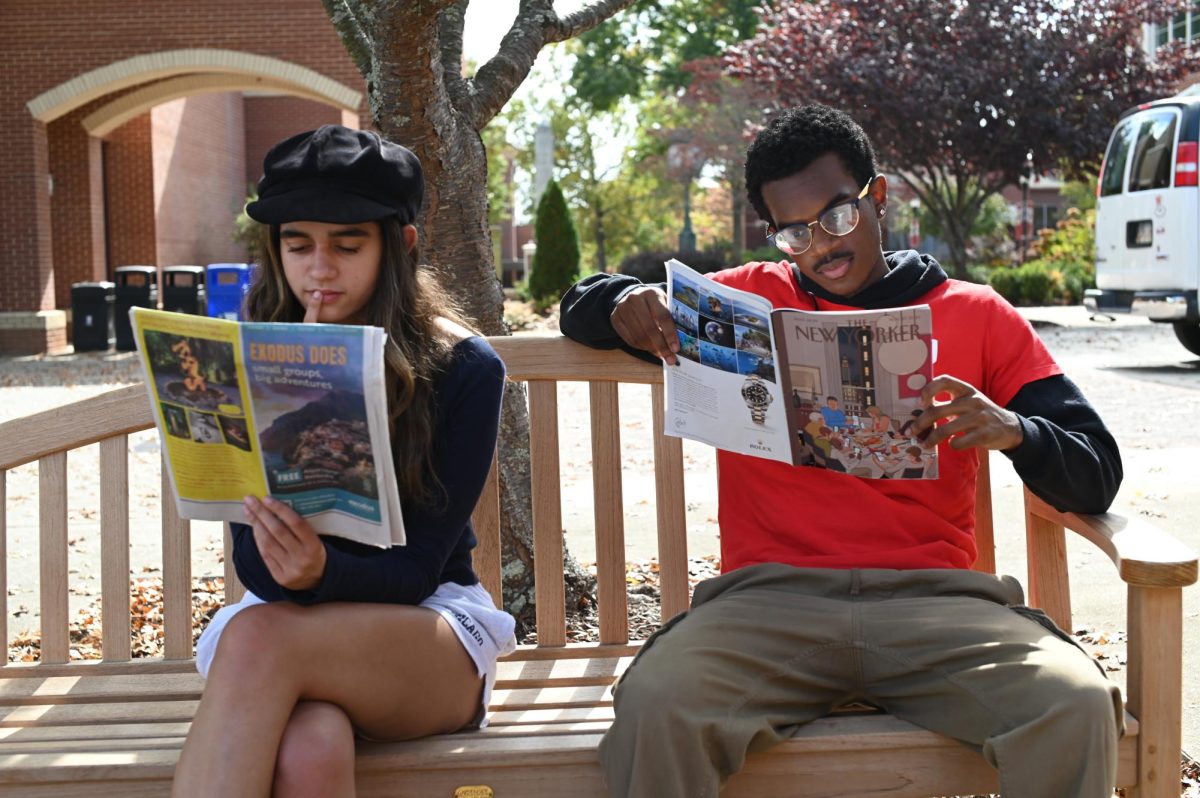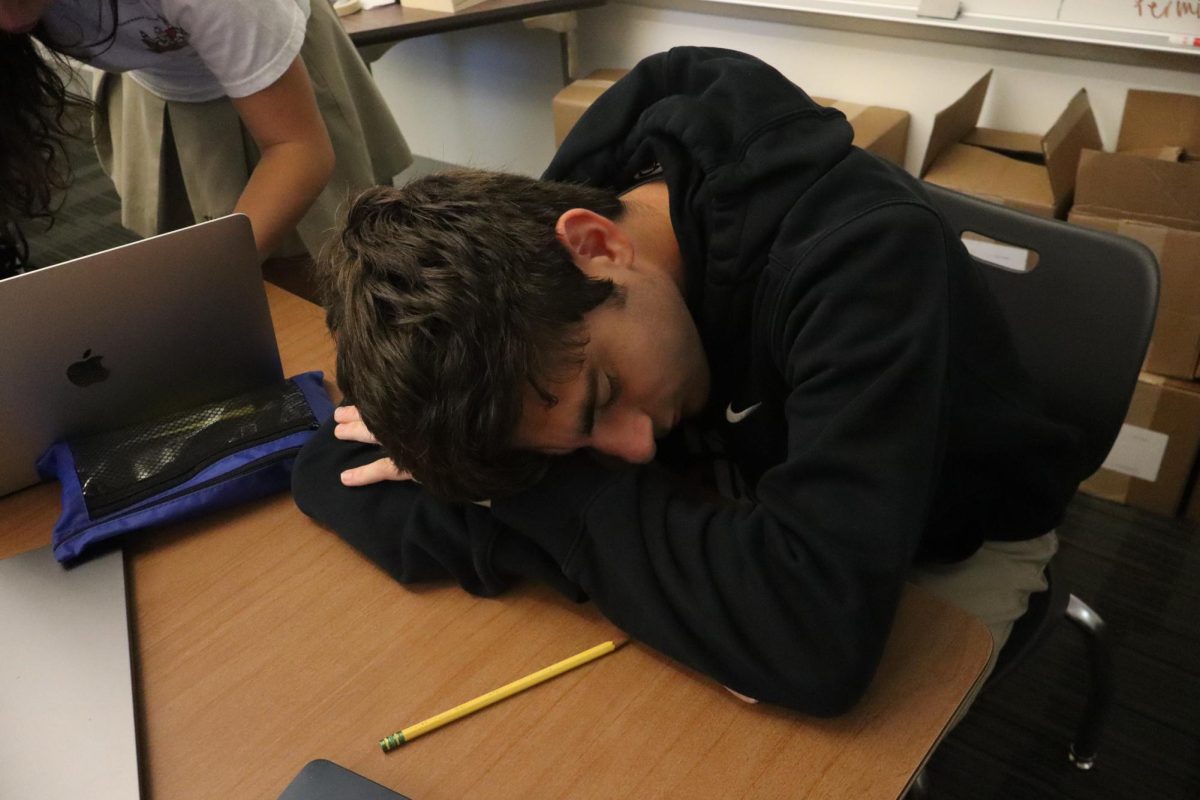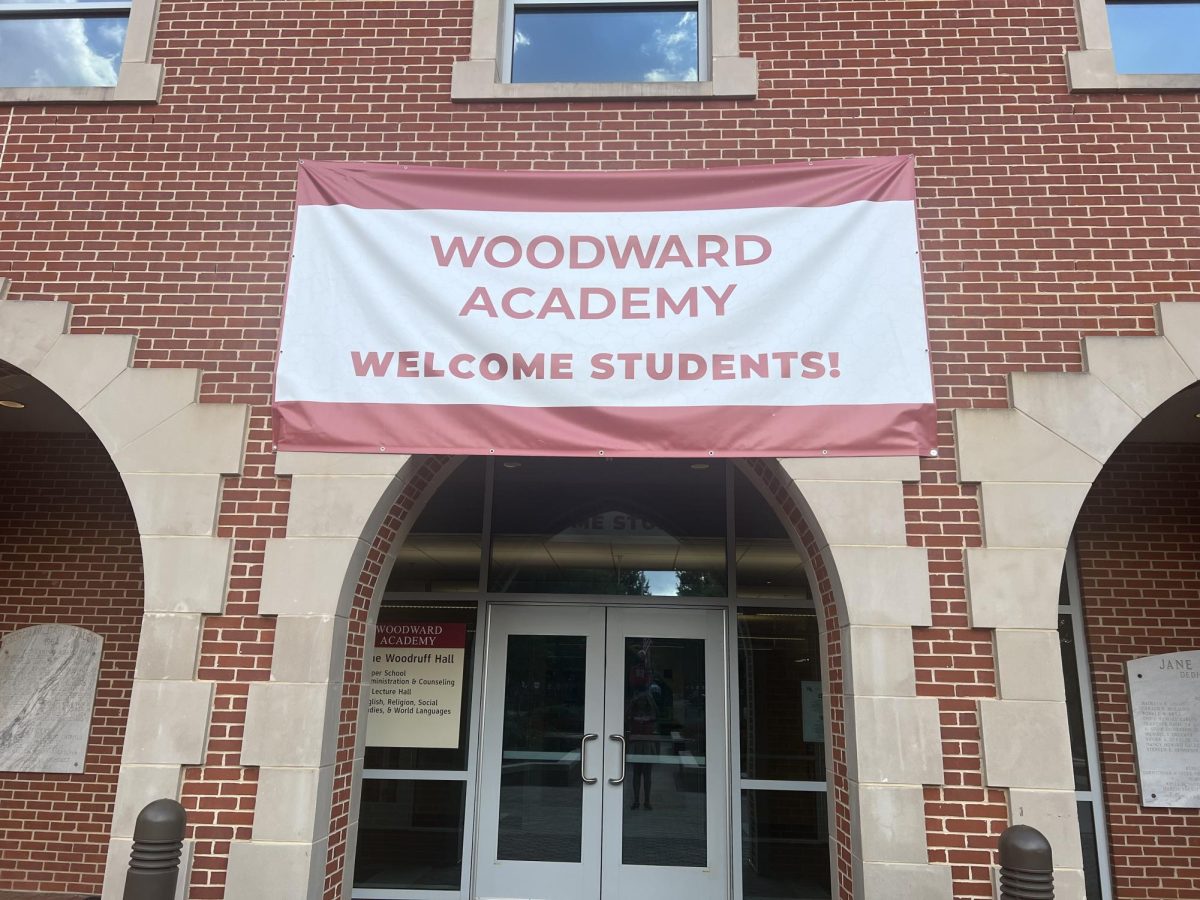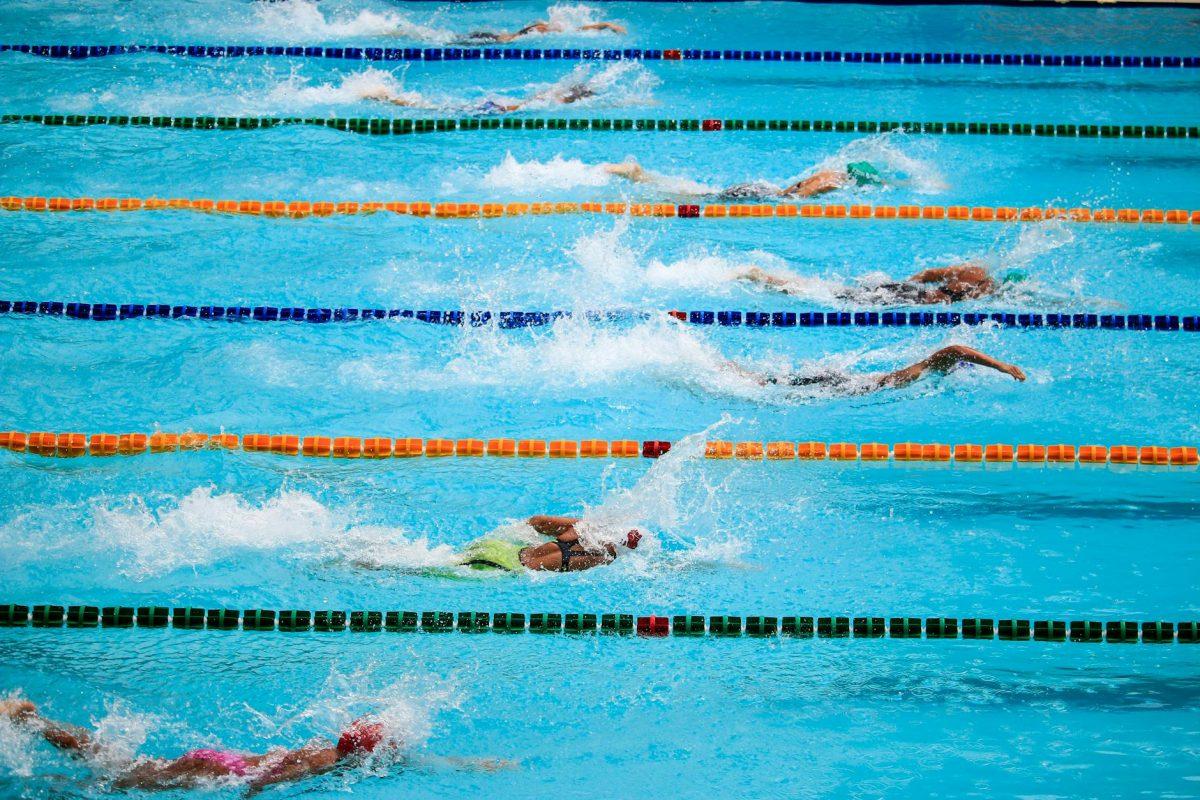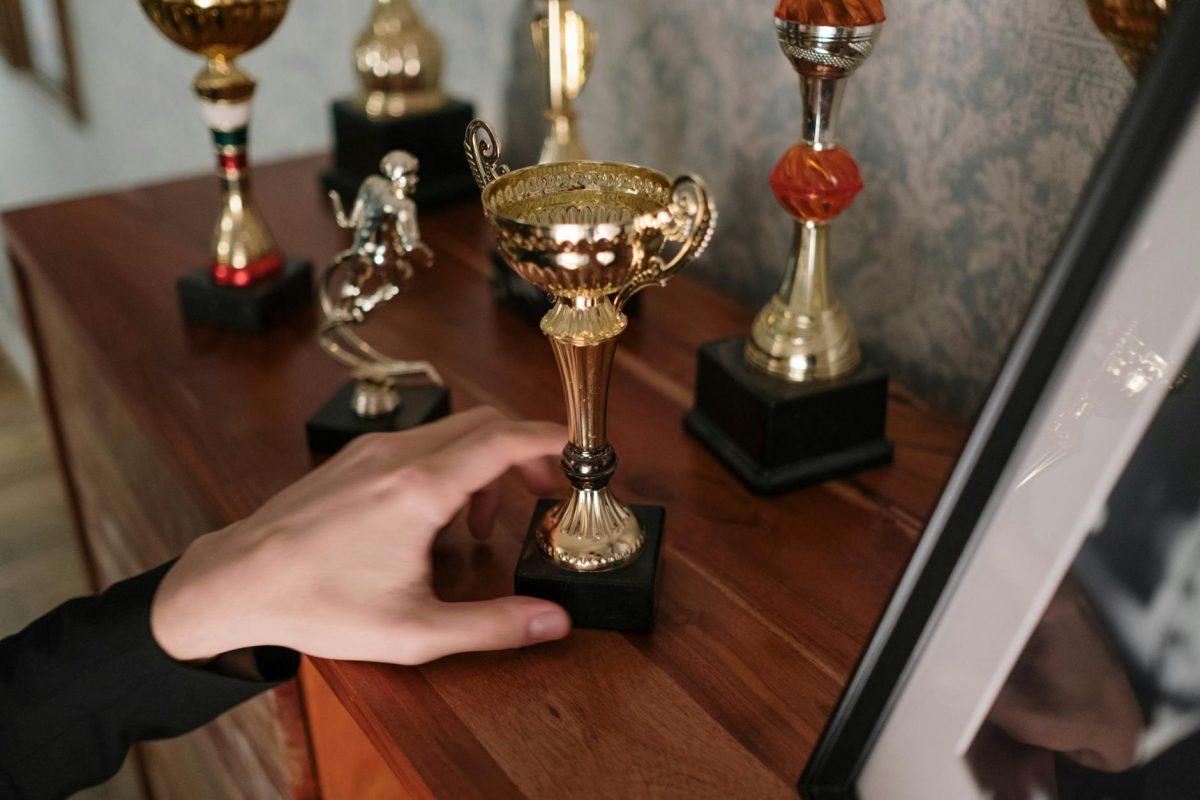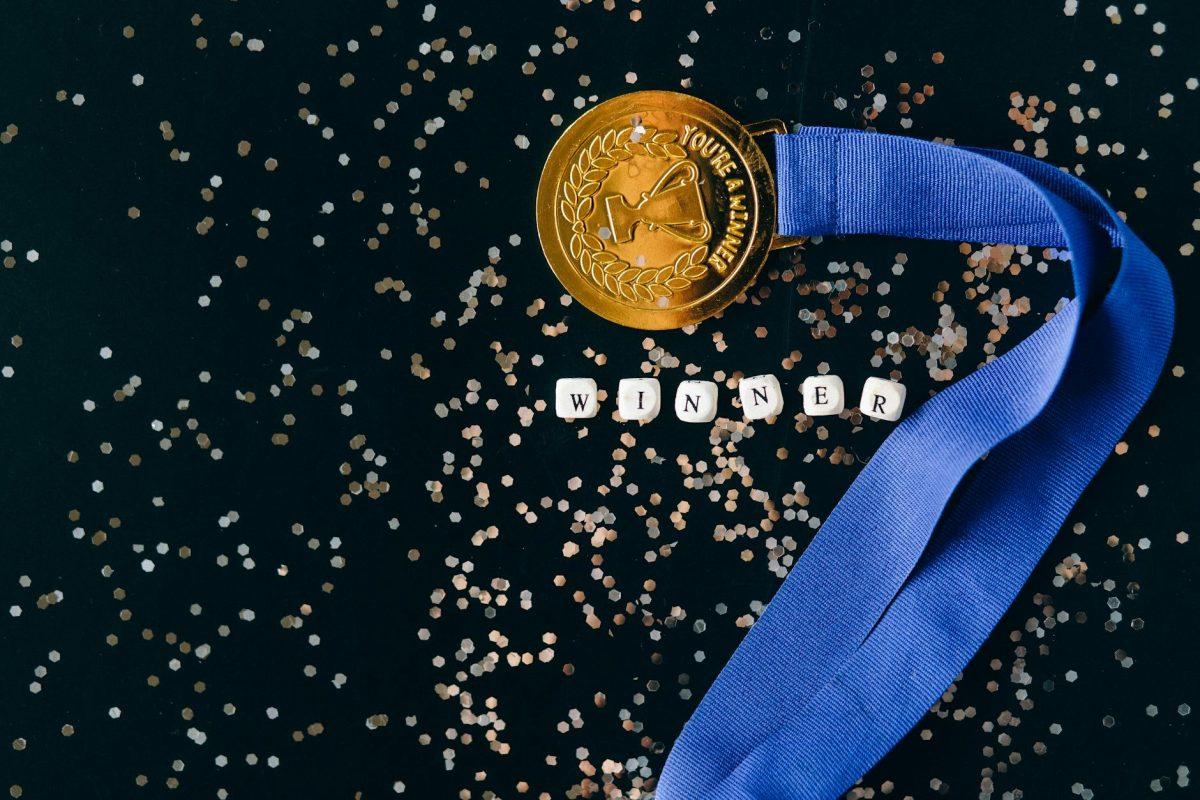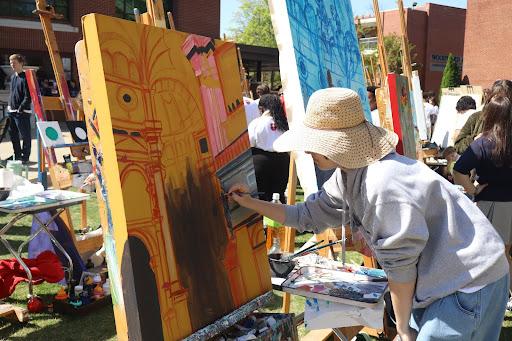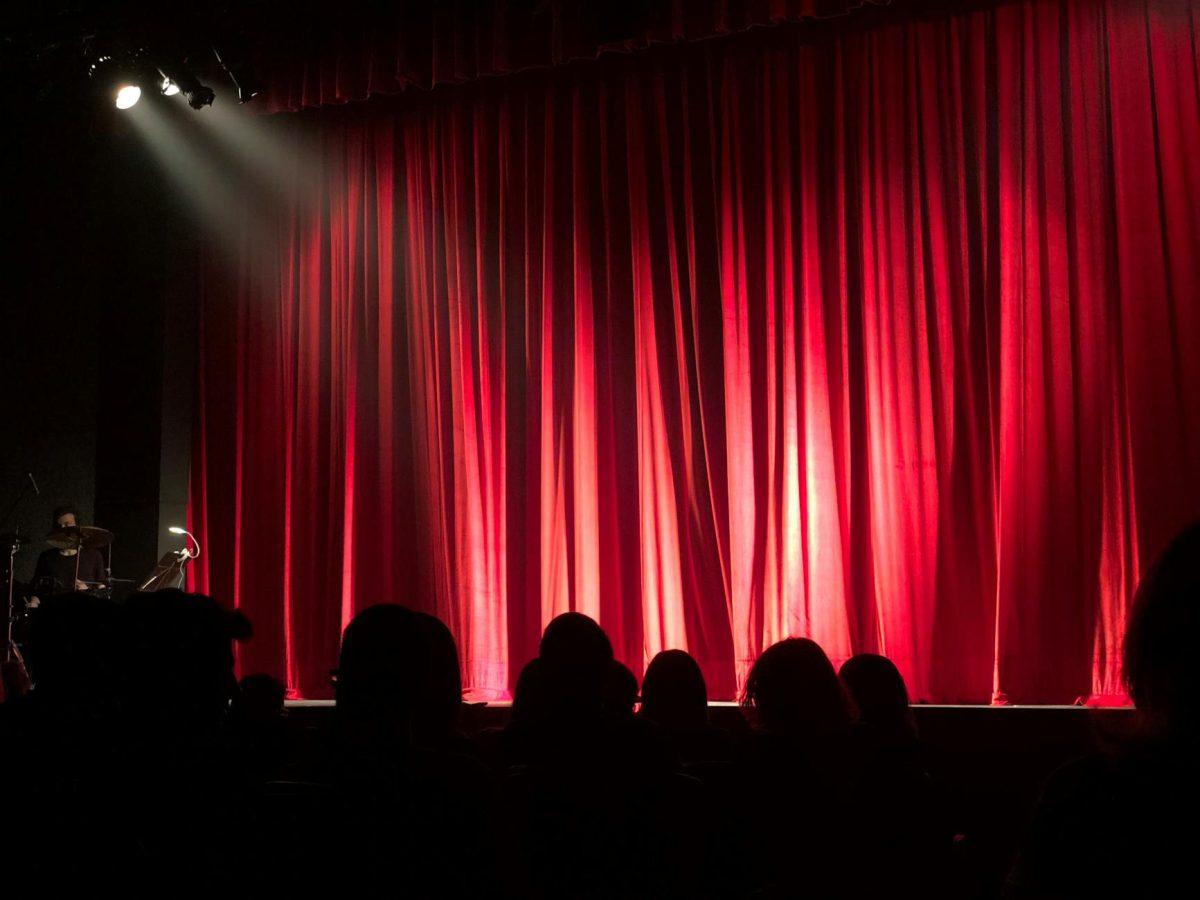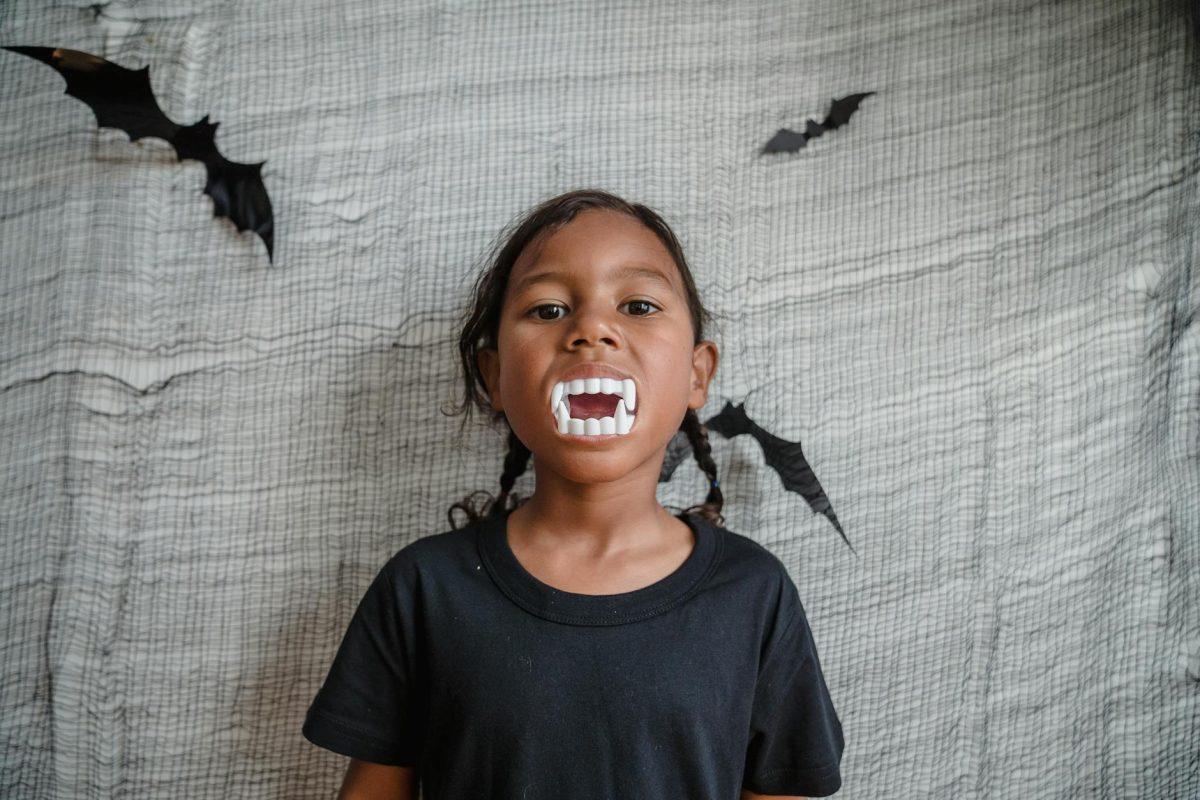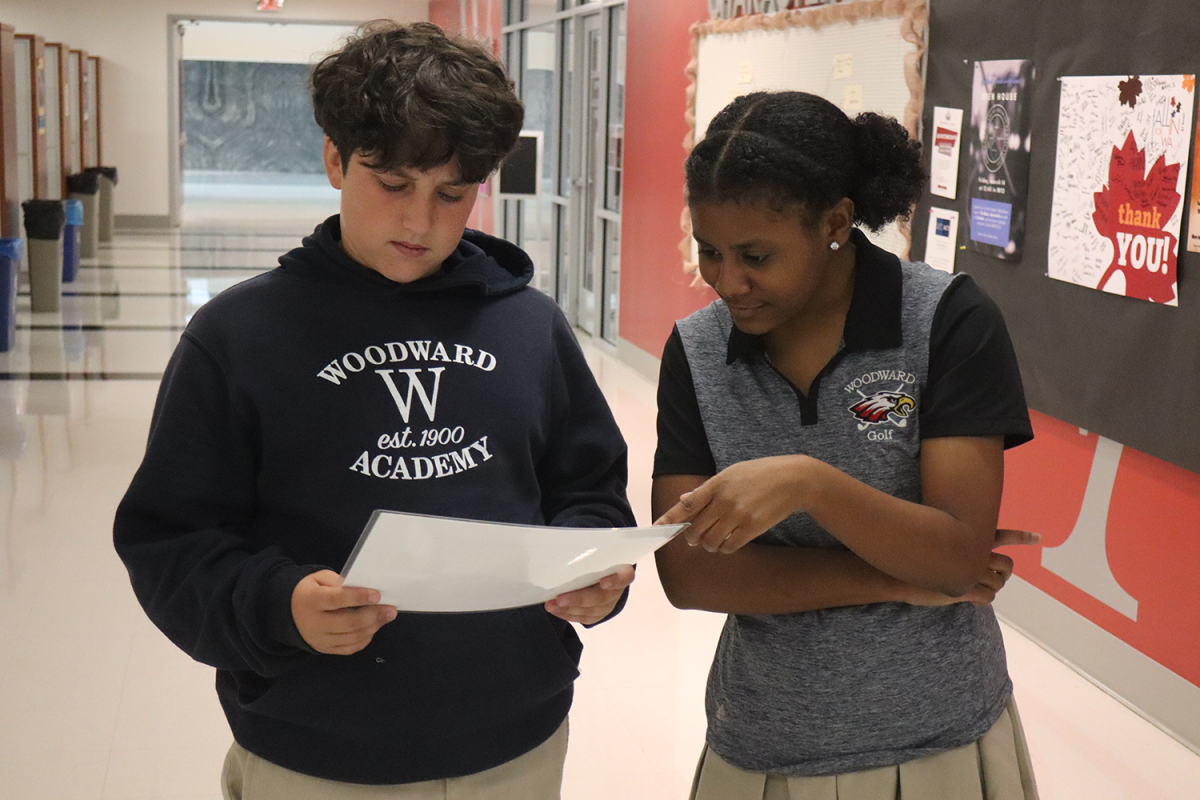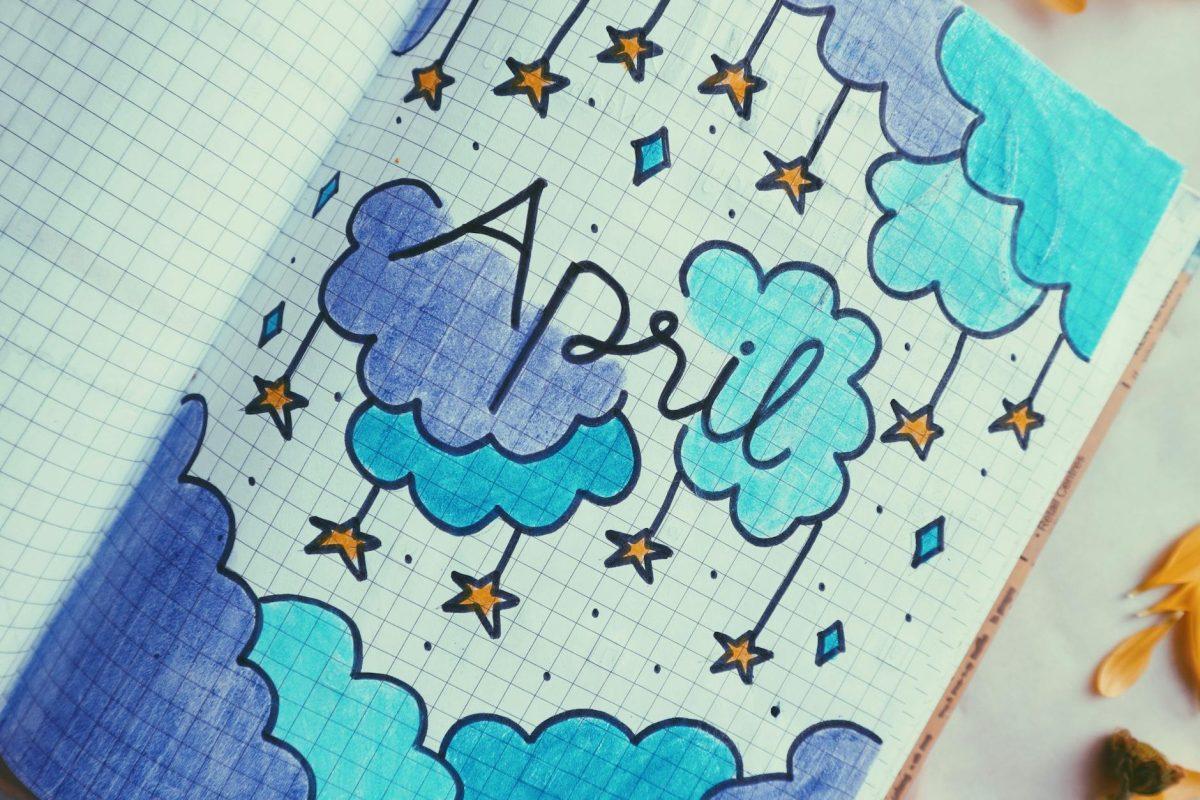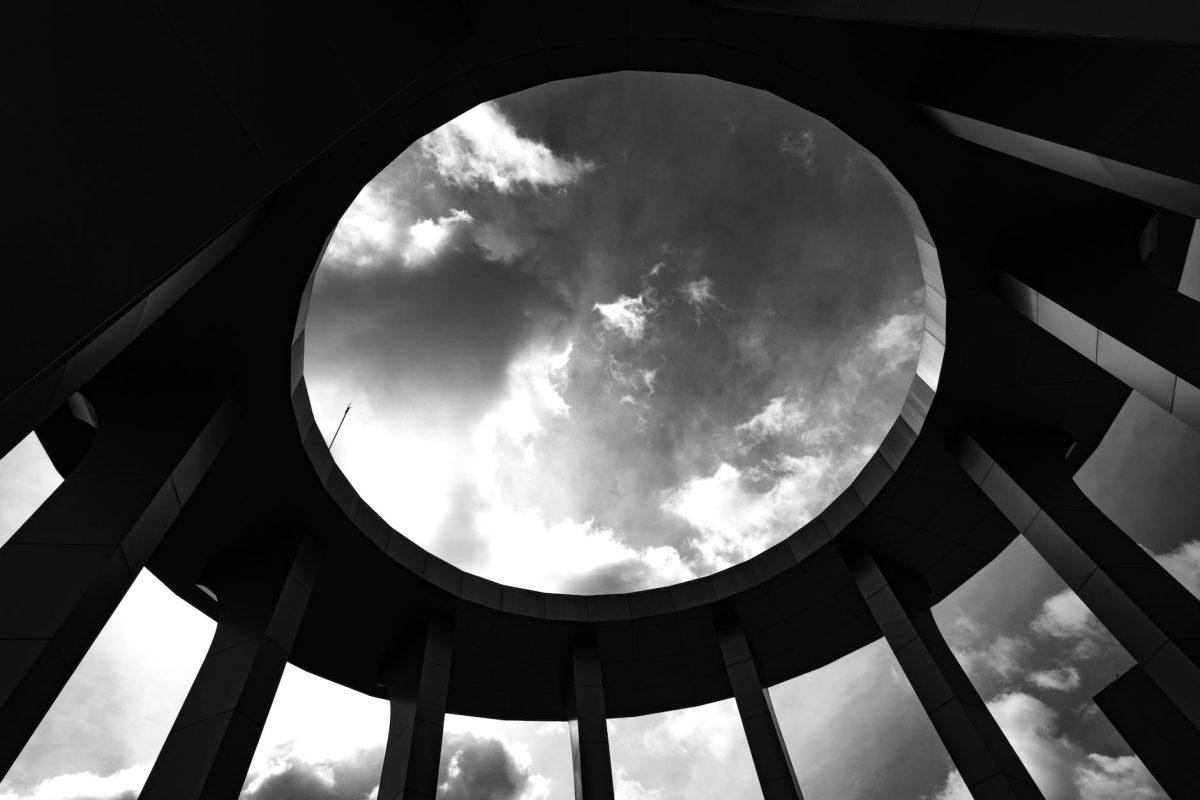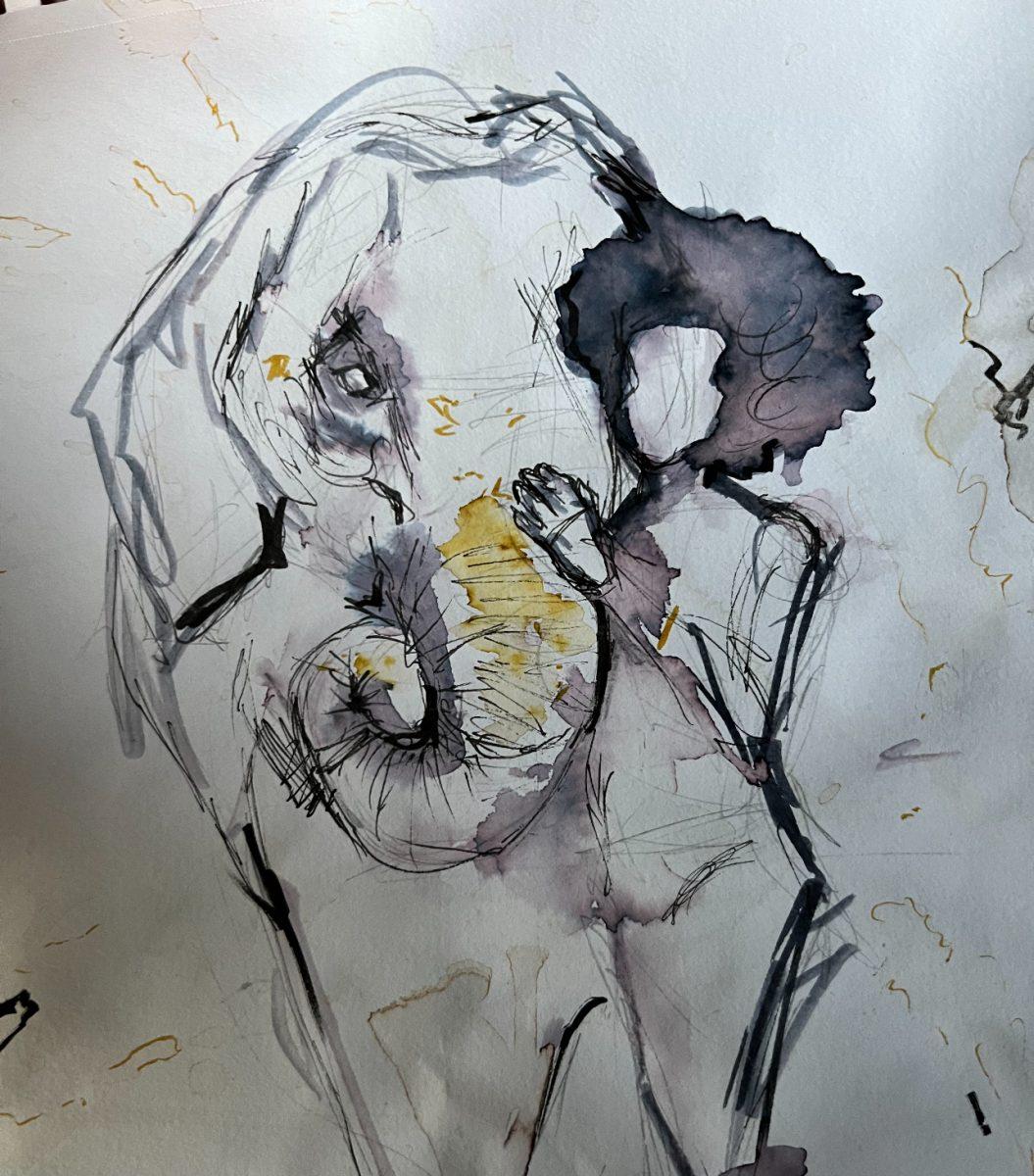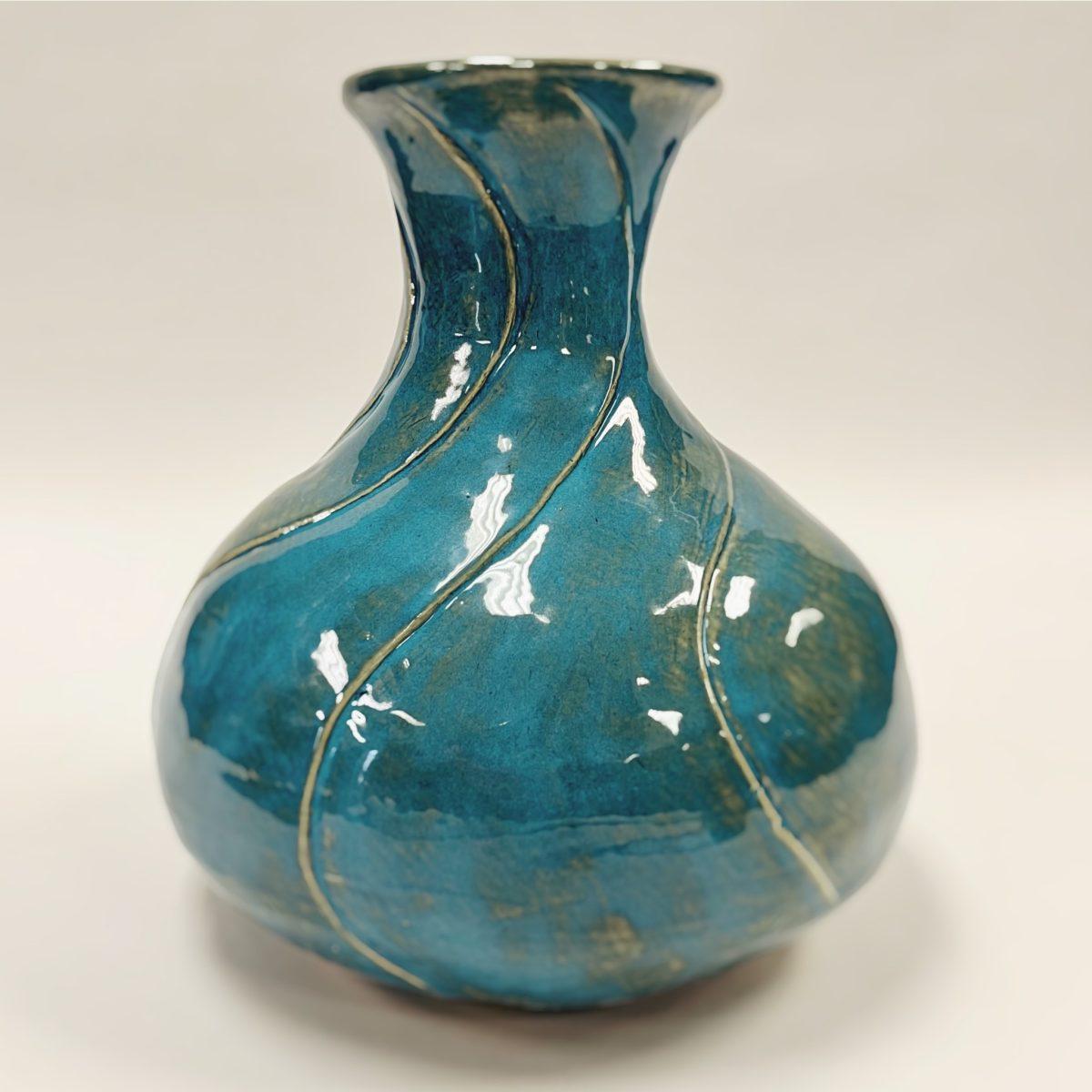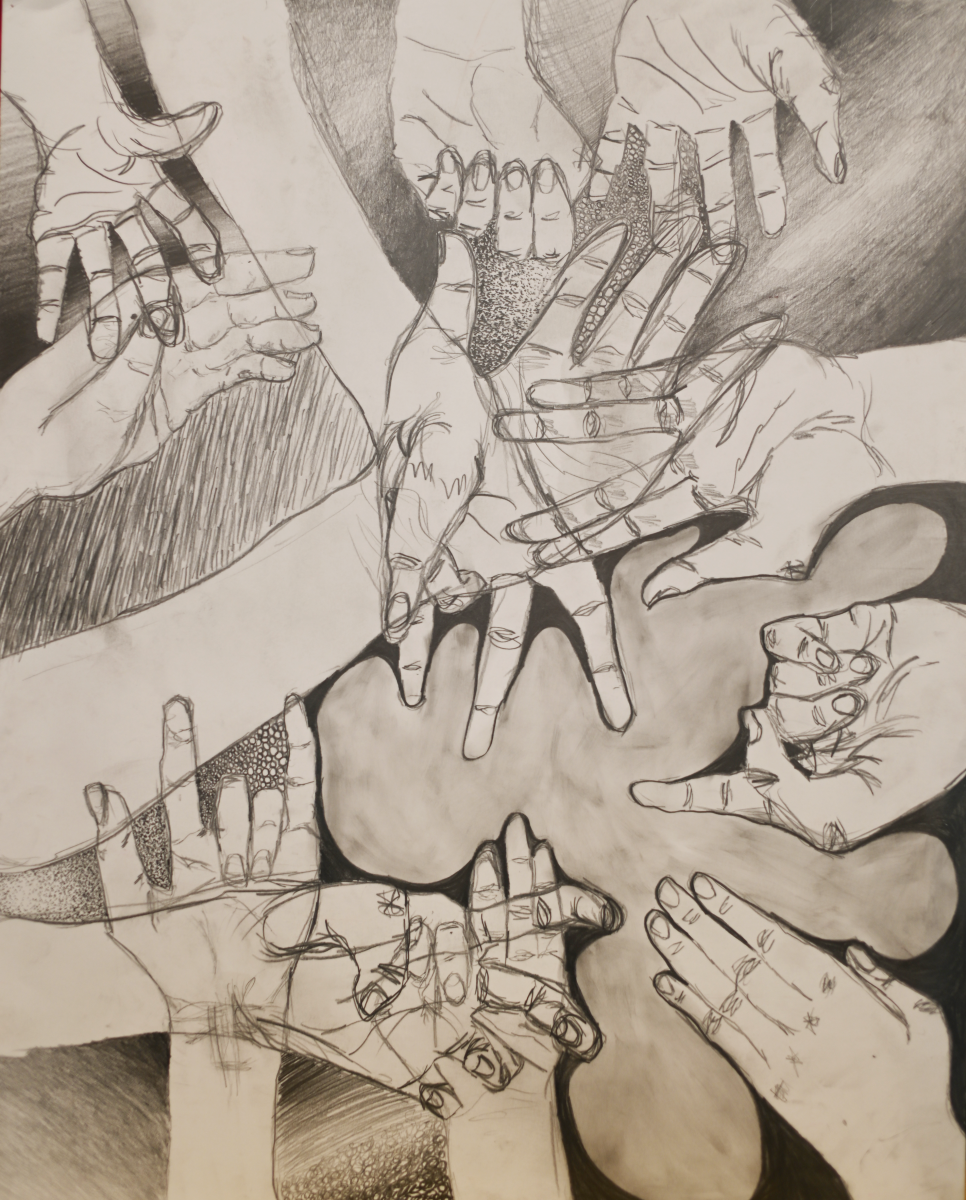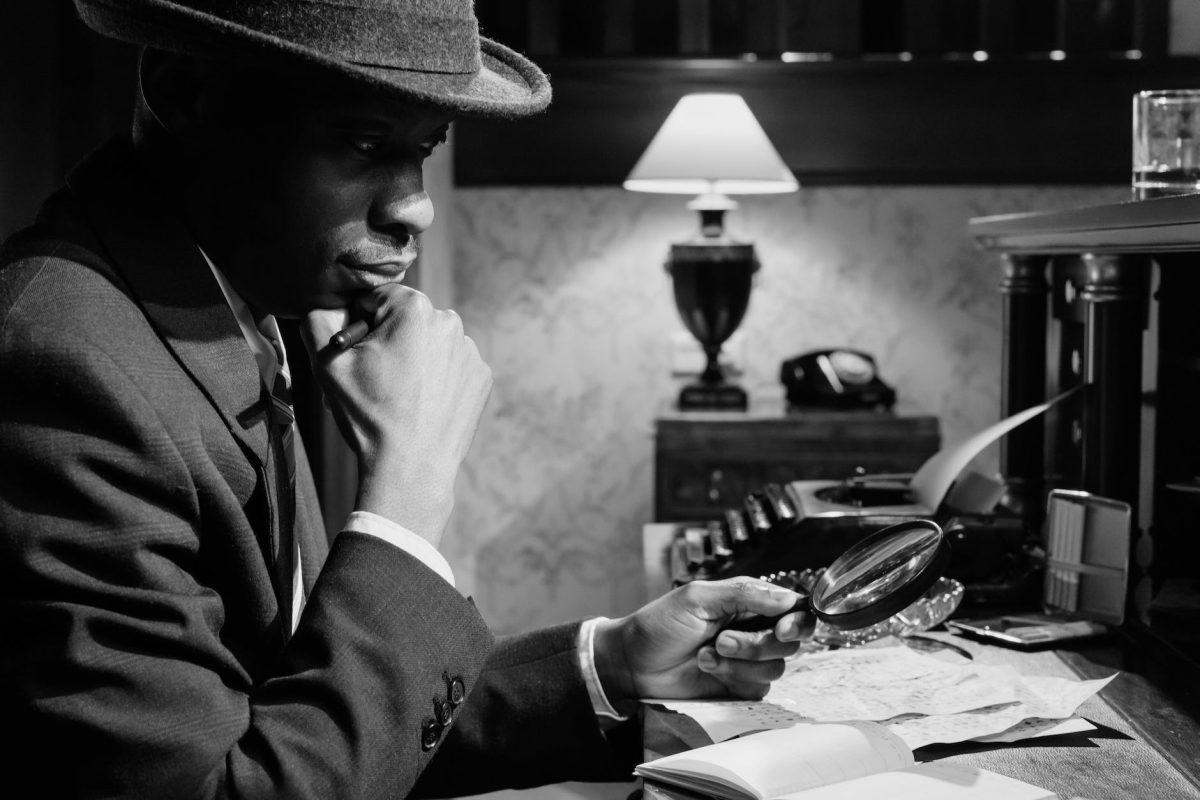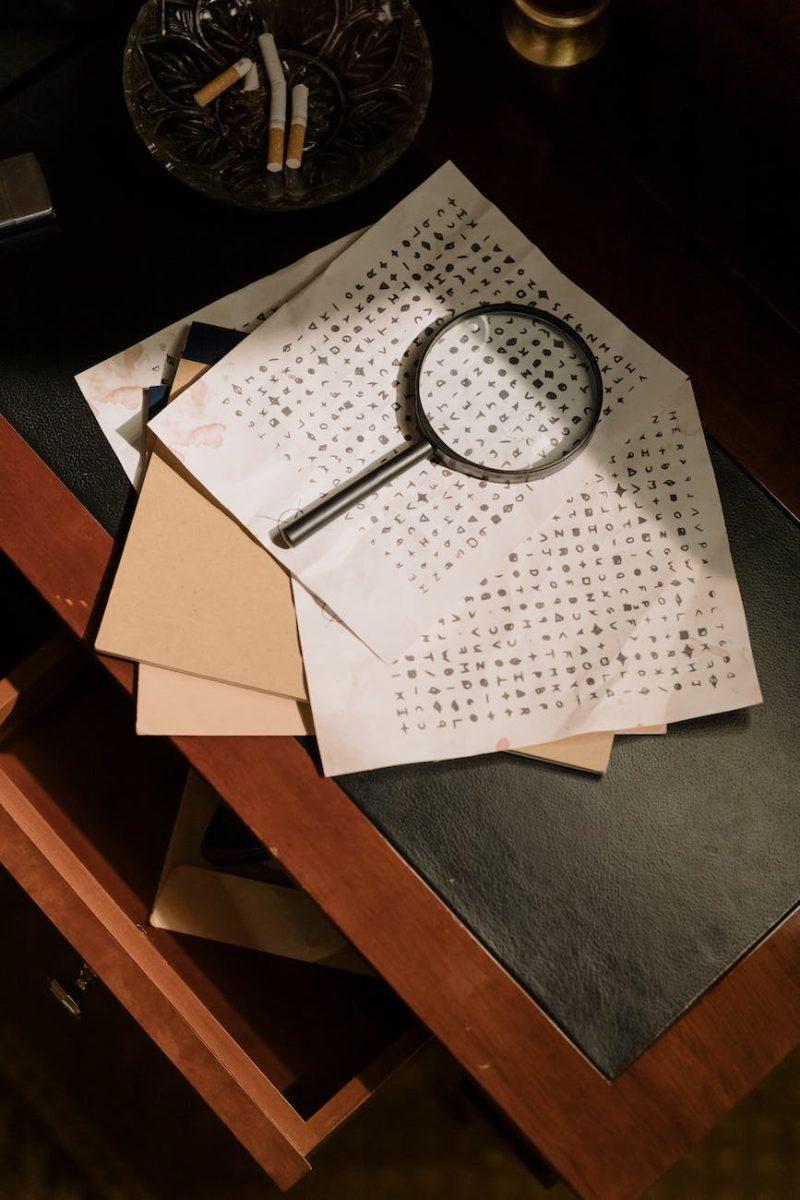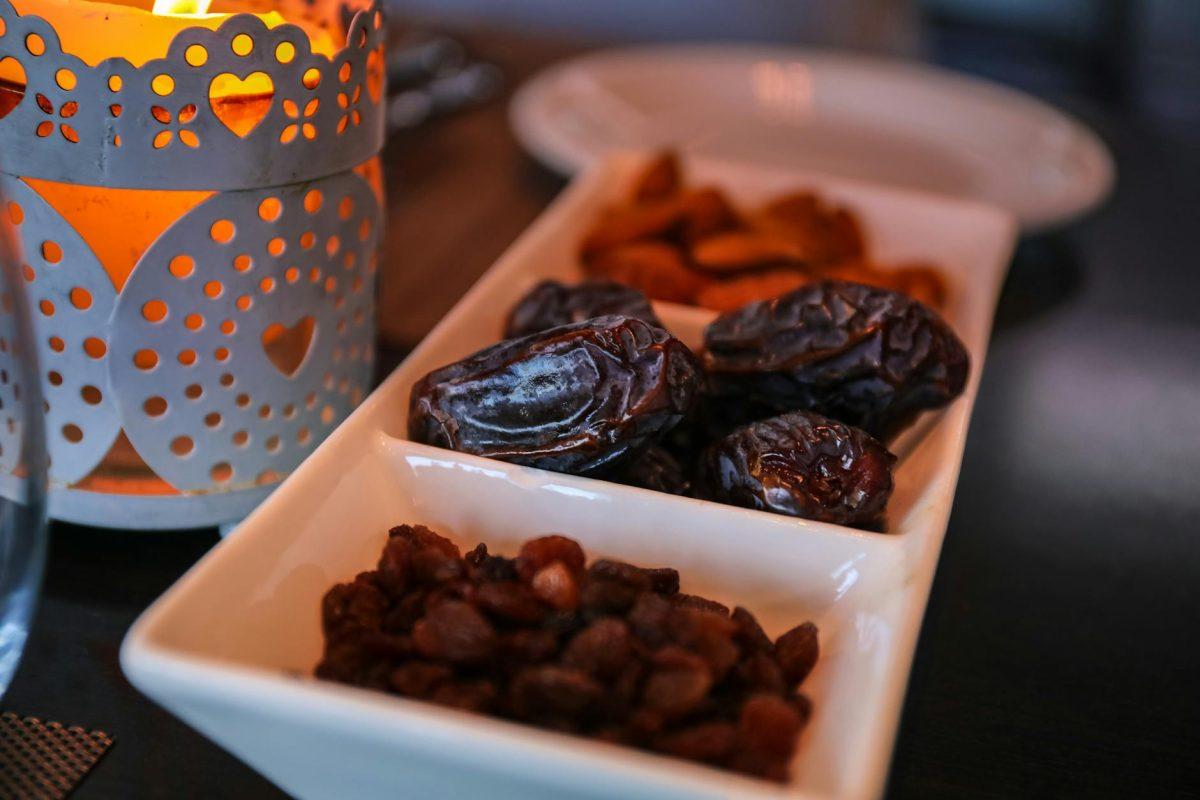By Daniela Palatchi
As many may know, Ramadan is the holiest month in the Islamic calendar. It is a time for Muslims to fast, pray and reflect on themselves, among other things. After the month of Ramadan comes Eid al-Fitr (Eid), which marks the end of Ramadan on Wednesday, April 10th. So, how do students at Woodward observe Ramadan? And besides fasting, what is Ramadan really about?
What most people know about Ramadan is the fasting aspect. Ahmed Shabbir ‘25 explained that Ramadan is so much more than just fasting.
“You wake up earlier, eat something before the sun rises and then you don’t eat or drink until sunset,” Ahmed said. “But the other parts: you just generally try to work on yourself, whether that means you’re doing [something] nice more often or going to community events every day or every weekend. It’s a time to…strengthen your community, and the goal is to gain good habits but to keep going after the month. It’s not just a temporary thing.”
Along with these Ramadan rituals, there is the lesser-known spiritual aspect. Ahmed described how many Muslims try to read the whole Quran in 30 days, the 600-page long holy Islamic scripture. He explained how it’s important to communicate with others about these practices to create mutual understanding.
“Other people don’t always understand why or how or what your purpose is, but as long as you’re able to explain, and there’s a platform to explain it, I think [that’s] pretty negligible,” Ahmed said.
Throughout our day-to-day busy lives, we tend to take our family for granted and forget to spend quality time with them. For Rania Noorani ‘26, Ramadan, like many other worldwide holidays, is about being close with loved ones. Rania’s grandparents have visited from Pakistan this year, and she explained how she spends more time with family during Ramadan than she usually would on non-Ramadan days.
“It’s nicer to be closer with family,” Rania said. “I’ve been with my family a lot more this year — like the whole family. It makes me happy because I like being with my family. Ramadan to me [means] just family, you know?”
On that note, Rania shared some of her father’s advice.
“My dad always says Ramadan’s about intention,” she said. “[It] doesn’t matter if you do it or not, [it’s] the fact that you want to. You shouldn’t be fasting because you have to; you should be fasting because you want to. Even if you have to break [your fast] because you’re sick. It’s all about intention.”
To mark the end of the meditative month of Ramadan next Wednesday, Muslims will joyously celebrate Eid with lots of food and parties. Looking ahead toward the future, Omar Akbar ‘26 discussed his plans for Eid.
“I might just [hang out] with some Muslim and non Muslim friends and just celebrate it because it’s like, ‘hey, I can eat again,’” Omar said. “Just to…properly send off the month of Ramadan with something fun.”
Omar is celebrating his first Ramadan and Eid al-Fitr at Woodward since his move from Macon, GA last year. He vocalized his contentment to having Eid off school since his old school didn’t give their students a day off of school for the holiday.
“I really like the fact that…Woodward gives us Eid off to not just Muslim people but to the whole student body,” Omar said. “It just spreads more awareness that…this is a legitimate holiday.”

